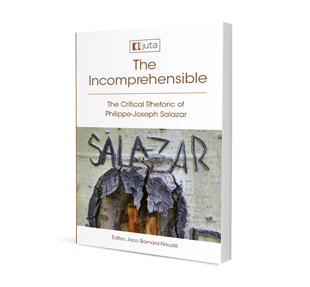A rhetoric of terror and of the terrified

A rhetoric of terror and of the terrified
Author Sisanda Nkoala
ISSN: 1996-2088
Affiliations: Sisanda Nkoala (PhD) is an academic in the Media Department at the Cape Peninsula University of Technology
Source: Acta Juridica, 2022, p. 119 – 139
https://doi.org/10.47348/ACTA/2022/a6
Abstract
This paper draws on Philippe-Joseph Salazar’s work in Words are Weapons: Inside ISIS’s Rhetoric of Terror (2017) on ISIS’s persuasive self-presentation on social and traditional media, to consider the rhetoric of the terrified Farmers evident in the framing discourse of selected South African television news reports on Farm attacks. Scholars who study ISIS’s use of media have noted the efficacy with which this group has been able to harness the capabilities of media platforms to speak directly to audiences and construct its image. Likewise, the communicative strategies employed in the framing discourse of South African media around the victimhood of Farmers have been effective and have spread to audiences worldwide. Using Salazar’s examination of ISIS’s rhetoric, expressed through its use of words and images in the media, this paper discusses similarities between ISIS’s self-presentation in audio-visual media and the news media discourse that articulates a sense of self-othering by Farmers through these platforms.